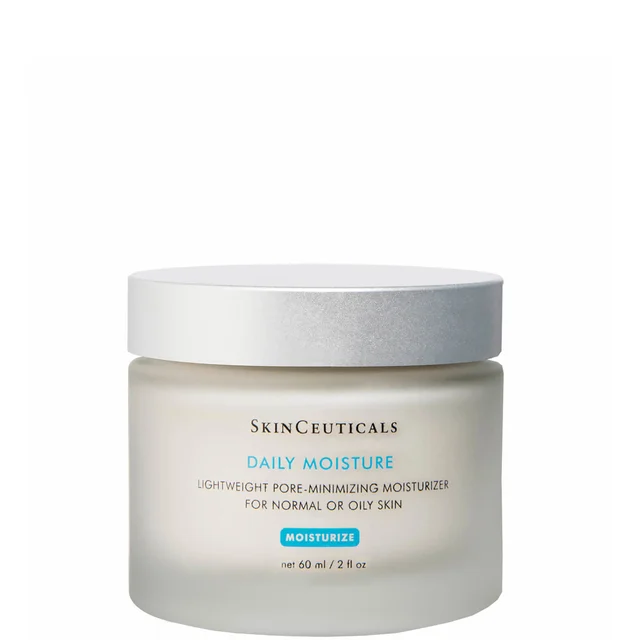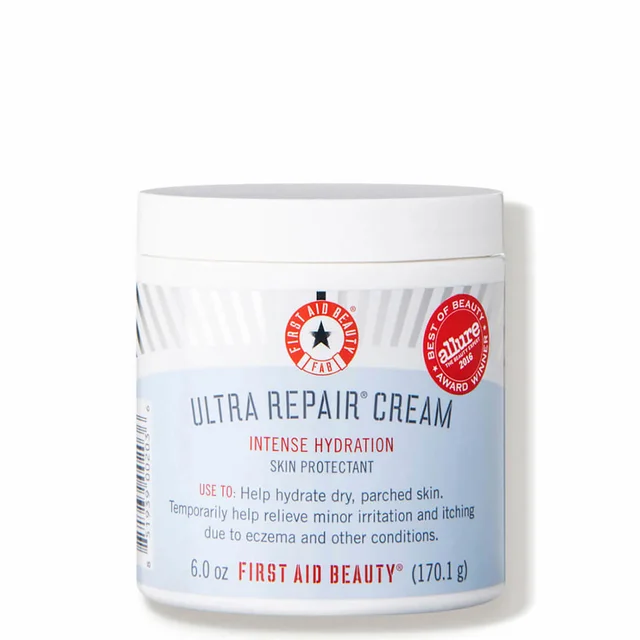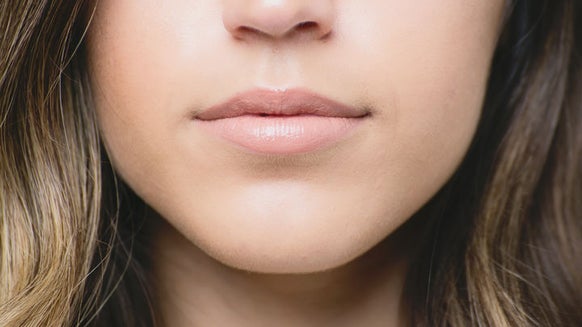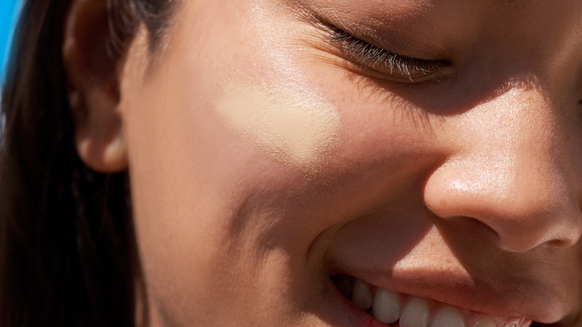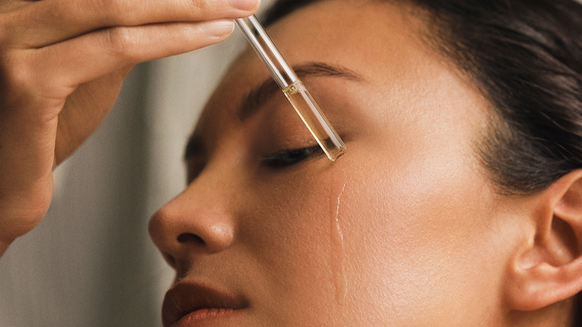In a perfect world, our skin would be able to maintain its hydration and elasticity. Yet, the reality remains that factors such as harsh cleansers and exposure to environmental elements dry us out, leaving our skin looking less than ideal. So we layer on the lotions and moisturizers looking for a remedy. But the burning question is: which wins in the battle of lotion versus moisturizer? Are they so different? And how do you choose which one your skin needs?
As it turns out, these products aren’t opposites, but rather shades of a spectrum. Let’s take a further look so you can smartly slather on these products for smoother, softer skin.Chemical Components: Where the Subtle Difference Is Clear
Moisturizer
What's the real difference between a lotion and a moisturizer? Trick question! Moisturizers are a spectrum from water to vaseline—with lotions, creams and ointments being varying combinations of the two. In fact, most product lines carry two or more forms of a moisturizer, such as one cream form and one lotion form, to satisfy every skin type (more on that below). So, a lotion can actually be a moisturizer. Moisturizers use a mixture of oil and water soluble components (emulsion) to restore the outermost layer of the skin to its natural condition. You’ll find common emollients such as petroleum jelly and mineral oil, plus waxes used to thicken the creams and seal in moisture.
Lotion
Lotions have the most added ingredients. Why? Because they are placed toward the water end of the spectrum. The higher the water content, the easier it is for bacteria to form. To combat this, preservatives (like parabens, benzyl alcohol or salicylic acid) are used—usually between the levels of 0.01 percent and 5 percent. Fragrances are then often added to mask the scent of these ingredients. This is why we normally use lotion for the body and heavier products on our (more sensitive) faces. These additions aren’t necessarily harmful to the skin—just be sure to apply and see how your skin feels. If you feel any sort of burning sensation, your skin is telling you it’s a no.
Texture: From Liquid Moisture to Heavy-Duty Skin Savers
Moisturizer
Creams, lotions, gels and oils all feel very different when you apply them. A cream is a very standard thick moisturizer that we use for those extra stubborn flaky areas like our elbows or applied all over the face before bed. Are you left with a greasy feeling? While maybe not ideal for daytime use, the greasy-feeling creams are often most effective at keeping moisture in and irritants out.
Lotion
You know that big bottle of your favorite moisturizer you use every time you hop out of the shower? It’s easy to apply all over the skin, absorbs quickly and lets you get on with your day? That’s your everyday lotion. Being very light on the skin, it hydrates without feeling heavy or sticky. This low-viscosity skin-saver has the greatest percentage of water in the formula, which is what makes it the simplest and most economical option.Uses: How to Find the Best Choice for Your Skin Type
Moisturizer
Heavier-duty moisturizers with a higher oil and wax content are ideal for dry skin. Extremely dry skin or those with eczema benefit greatly from thick creams and ointments (basically anything toward the petroleum end of the spectrum) because of their moisture-locking and protective qualities. Always be sure to listen to what your skin tells you. If your skin feels dry and irritated, that's your body's way of telling you it needs moisture.
Lotion
Face and body lotions soak into the skin quickly so you can pamper your dehydrated skin and get on with your day. Normal-to-combination skin types (balanced skin with some areas experiencing dryness or oiliness) benefit most from a gel cream or a lotion as these formulas add light and creamy care while also providing just a hint of oil to protect the skin’s moisture barrier. Have oily or acne-prone skin? Choose something with low levels of emulsifiers and oils. Going out on a hot day? Water-like textures are best for humid areas so as to not clog pores and prevent your makeup from slipping and sliding in the heat.Read More: The Best Moisturizers for Your Skin Type
This article has been reviewed by board-certified dermatologist Dr. Ashley Magovern.

